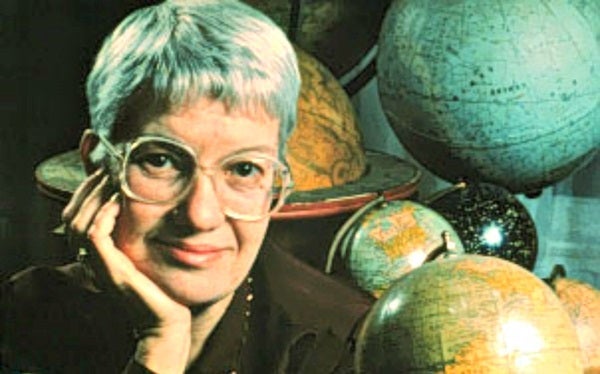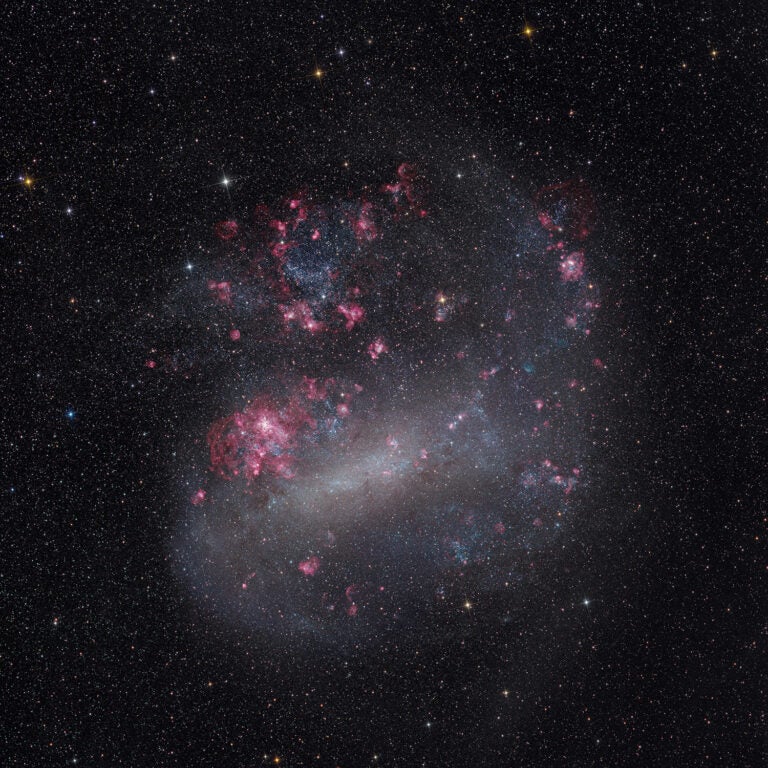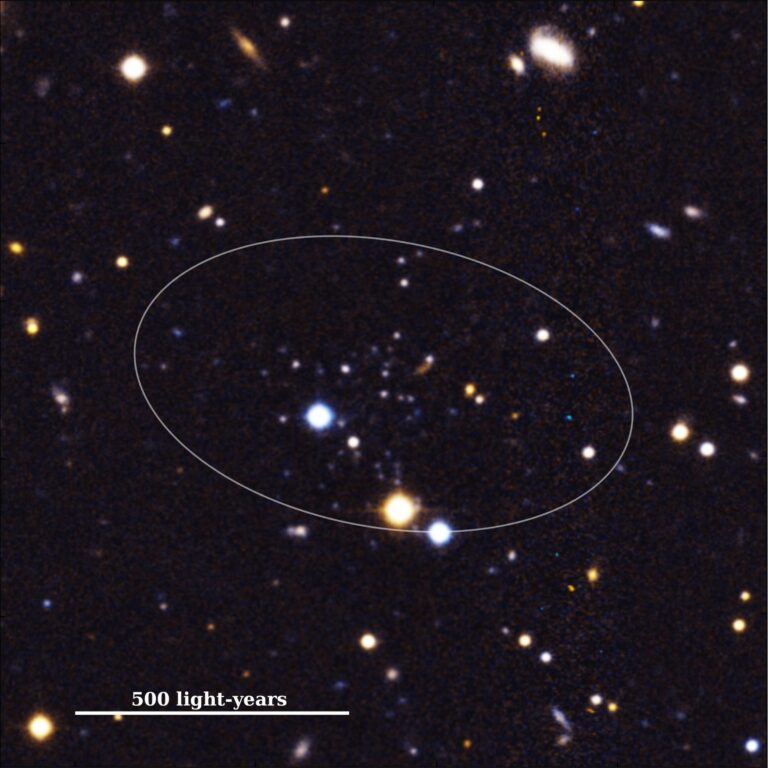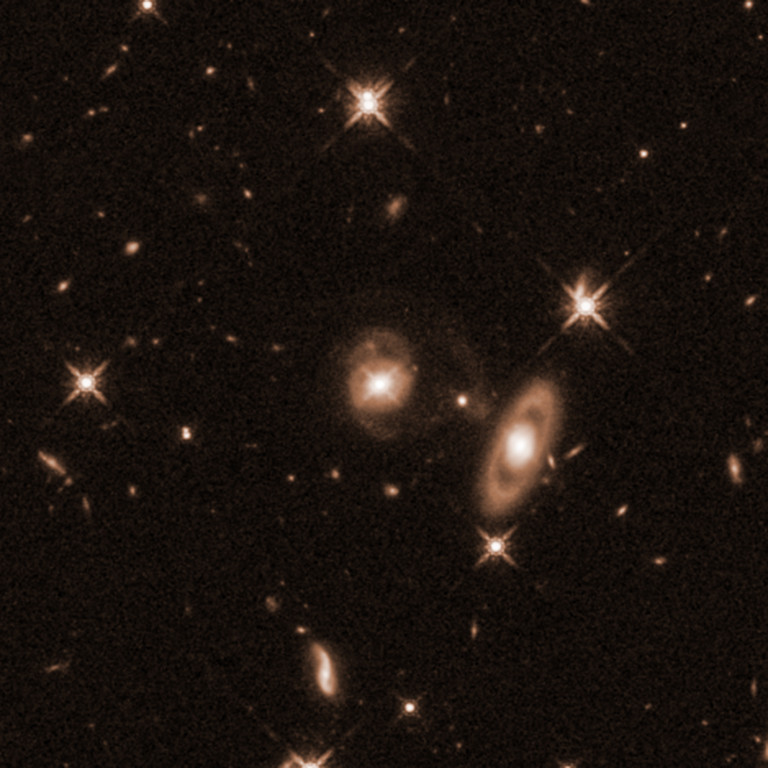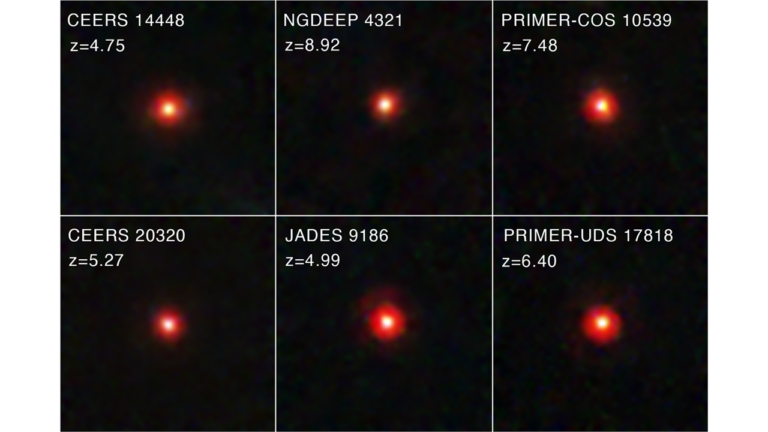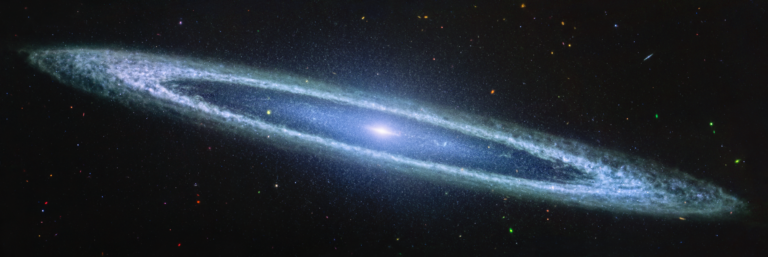Vera Rubin, a physicist who confirmed the existence of dark matter, has died at age 88.
After receiving a BA from Vassar College in 1954, Rubin attempted to enroll in Princeton despite bans on female PhD candidates in astronomy. Eventually she attended Cornell University, earning a masters degree, before completing her studies at Georgetown University.
From there, Rubin and colleague Kent Ford watched the rotation of nearby galaxies, studying the curves as they moved. Eventually, discrepancies between predictions of angular momentum and the actual angular momentum seemed to confirm dark matter.
Dark matter was the “missing mass” of the universe necessary to explain how the universe expanded, so called because it wasn’t accounted for by known stars, galaxies, and other objects.
While it had been discussed as early as the 1920s (Jacobus Kapteyn was the first to suggest it) and Fritz Zwicky (who coined the term “dark matter” while studying galactic motion in galaxy clusters in the 1930s), Rubin’s work helped solidify the emerging field of dark matter research in the present day, confirming the work of Zwicky, Kapteyn, and others by nailing down precise measurements of the necessary amounts of dark matter to confirm galactic-scale observations. In essence, galaxies were moving faster than they should have been based on the estimated number of stars and other material in spiral galaxies, something that had to be accounted for by unseen forces.
While Rubin’s work may have helped usher in the modern age of dark matter research, she was also a tireless advocate for other women in STEM fields, saying, “We all need permission to do science, but, for reasons that are deeply ingrained in history, this permission is more often given to men than to women.”
Rubin’s work helped carve out a path for other women in astronomy and other science disciplines. While she won numerous awards for her work, calls for Rubin to win a Nobel Prize in Physics went unheeded.

